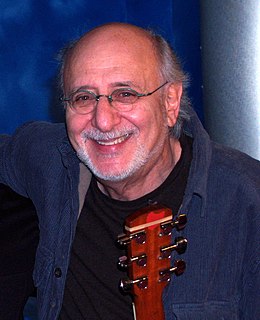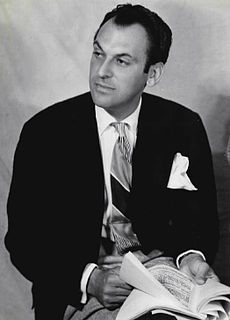A Quote by Barbara Ehrenreich
To live in poverty is to live with constant uncertainty, to accept galling indignities, and to expect harassment by the police, welfare officials and employers, as well as by others who are poor and desperate.
Related Quotes
I was born in a very poor family. I used to sell tea in a railway coach as a child. My mother used to wash utensils and do lowly household work in the houses of others to earn a livelihood. I have seen poverty very closely. I have lived in poverty.I decided that I would not live for myself but would live for others.
I can't help but react to the painful realities of the two-tiered society we live in, where the signs of poverty and inequity are everywhere. Almost twenty five percent of our children live at or below the poverty line. We expect the no-option life cycle of the poor to be interrupted by the weak social safety net and then wonder why building more jails doesn't solve the problems.
Somehow, the fact that more poor people are on welfare, receiving more generous payments, does not seem to have made this country a nice place to live - not even for the poor on welfare, whose condition seems not noticeably better than when they were poor and off welfare. Something appears to have gone wrong; a liberal and compassionate social policy has bred all sorts of unanticipated and perverse consequences.
Poverty assumes so many aspects here in India. There aren't only the poor that you see in the cities, there are the poor among the tribes, the poor who live in the forest, the poor who live on the mountains. Should we ignore them as long as the poor in the cities are better off? And better off with reference to what? To what people wanted ten years ago? Then it seemed like so much. Today it's no longer so much.
One of the most durable successes of the war on poverty was to dramatically reduce the number of elderly poor in America. That's still true today. But, by contrast, child poverty has shot up over the last few years: A decade ago, about 16 percent of children in America were poor - which is a shockingly high percentage. But it's not as shocking as today, when we see that 22 percent of kids live in poverty.
To live in accordance with how one thinks. Be yourself and don't try to impose your criteria on the rest. I don't expect others to live like me. I want to respect people's freedom, but I defend my freedom. And that comes with the courage to say what you think, even if sometimes others don't share those views.
To live factionless Is not just to live in poverty and discomfort; it is to live divorced from society, separated from the most important thing in life: community. My mother once told me that we can’t survive alone,but even if we could, we wouldn’t want to. Without a faction, we have no purpose and no reason to live.
When you live in a poor neighborhood, you are living in an area where you have poor schools. When you have poor schools, you have poor teachers. When you have poor teachers, you get a poor education. When you get a poor education, you can only work in a poor-paying job. And that poor-paying job enables you to live again in a poor neighborhood. So, it's a very vicious cycle.
We create institutions and policies on the basis of the way we make assumptions about us and others. We accept the fact that we will always have poor people around us. So we have had poor people around us. If we had believed that poverty is unacceptable to us, and that it should not belong to a civilized society, we would have created appropriate institutions and policies to create a poverty-free world.
For complicated historical and political reasons, we associate 'poor' in our public consciousness with 'black.' Terms such as 'welfare queen' and 'culture of poverty' became associated uniquely with the social maladies of African Americans in urban ghettos, despite the fact that poor whites outnumbered poor blacks.





































